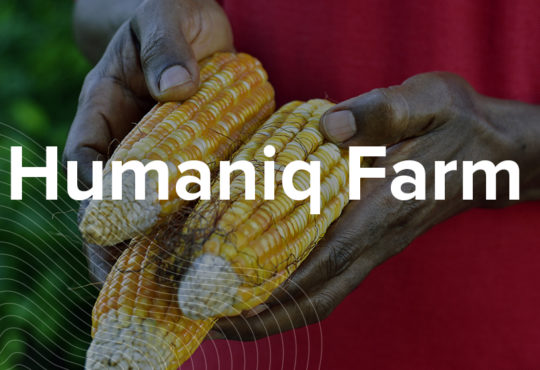Over the course of December, news came out of a split between Synero’s CEO, Dor Konforty, and CTO, Lucius Gregory Meredith. According to media and comments made by the company, Meredith said that the project was at risk because Konforty did not appreciate or allocate the resources required to develop a programming stack, resulting in problems from the Rchain project which was intended to be the underlying technology of Synereo’s platform. Konforty in turn stated that he had lost confidence in Meredith’s ability to deliver, with the RChain project being over two months behind schedule.
The purpose of Synero is to integrate social dynamics into distributed systems, including a flexible social layer for any protocol to use and apps to be built on. To enable high levels of security and easy scalability, the system was to be built on a new base blockchain – RChain, developed by Meredith, using a technique called sharding to allow for huge scalability and improved performance. It also included a layer for storage and content delivery and a new smart contracting language.
As part of the development, Synero performed a crowdsale which raised $4.7 million. Some investors were interested in the idea of a decentralized social network driven by the attention economy whereas others were more keen on the innovative blockchain tech RChain was set to develop.
Following a meeting in early December, Synereo announced that the majority of shareholders voted to remove Meredith from the board and cancel his employment contract. This resulted in the former CTO leaving with no seed funding to continue his work on the Rchain project. Synereo announced its intention to proceed with the social network using a different tech stack.
Resulting from this decision was concern from investors who were unsure as to what would happen with their investments. This was more of an issue for those who had backed the project as a result of the RChain aspect which was no longer being supported.
Meredith has since moved on and formed a new group to continue funding and development of Rchain. The RChain Cooperative and its partners are building a public, Sybil-resistant, and censorship-resistant computing utility. This project will be an open source blockchain-based platform for specifying, verifying, building, and running smart contracts for decentralized applications. Smart contracts on RChain will be written in Rholang, which is designed to cause faulty contracts to fail to compile, avoiding exploits of the system.
Due to the split with Synereo, the RChain Platform will not support Synereo AMPs as a software access protocol token. Since AMPs will not have utility on the RChain Platform, the RChain Cooperative is offering a brief opportunity to redeem AMP tokens, from the Bitcoin network, in return for a promotional coupon RHOC token, on the Ethereum network. The promotional coupon token will then be later redeemable for a RChain network one. The start date for this cross-platform token swap is not yet finalised.








